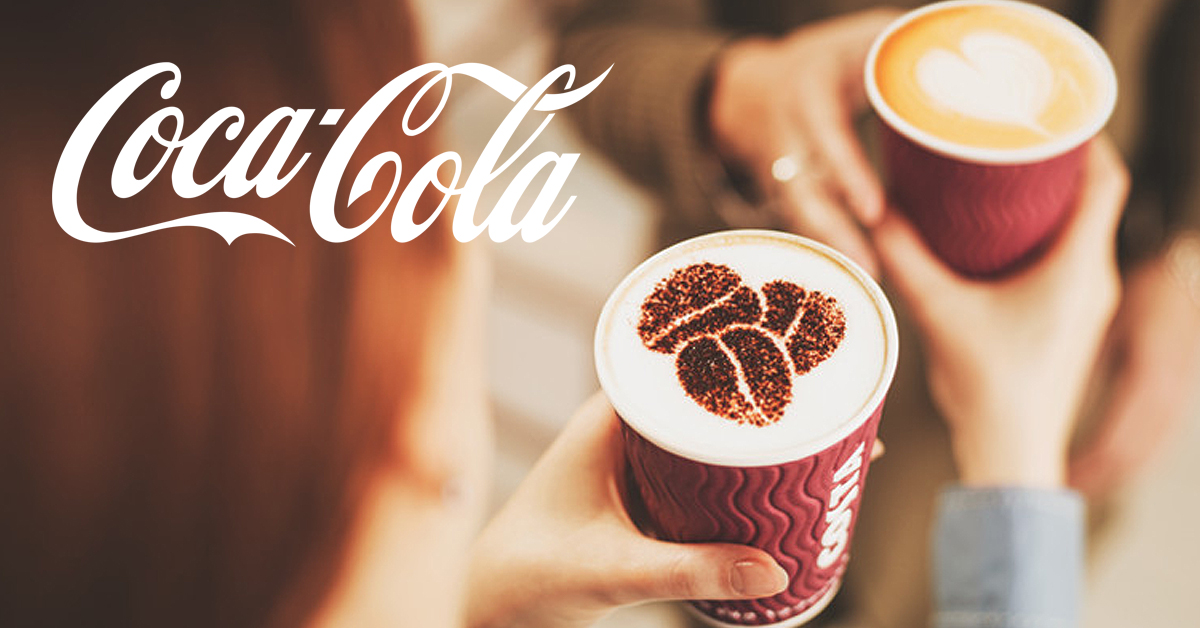Seven years after committing over $5 billion for a chance to play in the category, Coca-Cola’s interest in coffee may have gone cold.
Per media reports over the weekend, the global beverage giant has enlisted investment bank Lazard to explore options for its most-expensive-ever acquisition, and has already held talks with “a small number of potential bidders” about the coffee brand.
The news arrives after Coca-Cola CEO James Quincy suggested in the company’s Q2 2025 earnings call last month that Costa’s future was under review; The brand is “not where we want it to be from an investment hypothesis,” he said. Quincey acknowledged the brand as “still a good business,” but conceded that its attempts to balance moving RTDs at retail and its at-home coffee business have largely failed.
“I think I would say we’re in the mode of reflecting on what we’ve learned thinking about how we might want to find new avenues to grow in the coffee category while continuing to run the cost of business successfully,” he said. “because it’s still a lot of money we put down, and we wanted that money to work as hard as possible.”
That money was supposed to help Costa evolve from the world’s second-largest specialty cafe chain (mainly Europe and Asia) and CPG brand into the centerpiece of Coke’s global coffee strategy across food service, automated in-store coffee stations and RTDs. It was also meant to help Coke consolidate within a fragmented category. At the time of the deal, Coke’s U.S. RTD coffee portfolio included products from premium Italian roaster illy, cold brew coffee from Gold Peak, iced coffee and lattes from Dunkin’, and a line of bottled iced coffees and frappes produced under partnership with the McDonald’s McCafe brand.
As of today, only the Dunkin’ products are still being manufactured. Coke also distributes the coffee energy drink Java Monster.
Despite efforts to make a splash in RTDs – a three-SKU Flat White line in 11 ounce cans was previewed to trades in 2022, but was never widely available – Costa was unable to mount a serious challenge to Pepsi’s dominant market position through its alliance with Starbucks.
